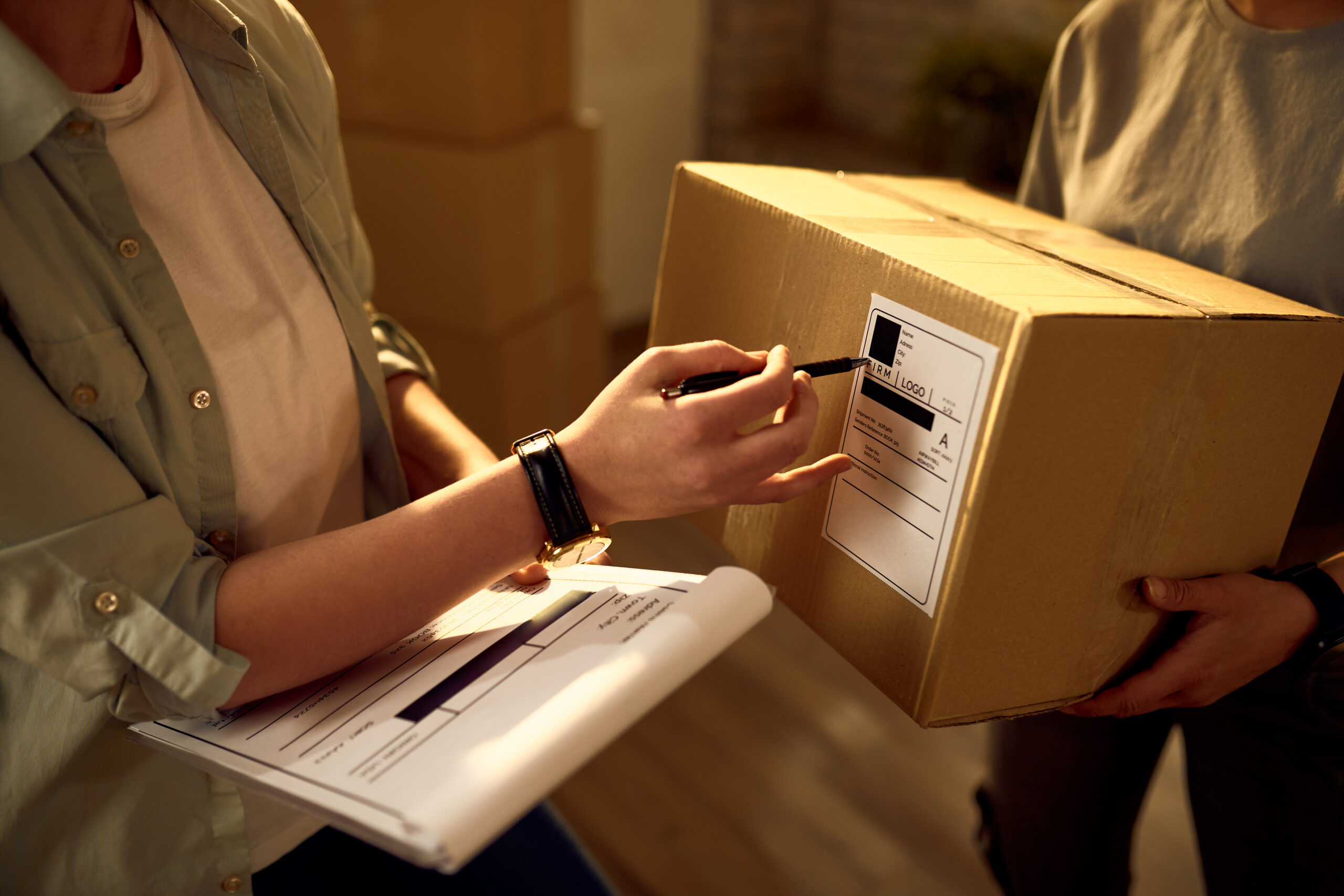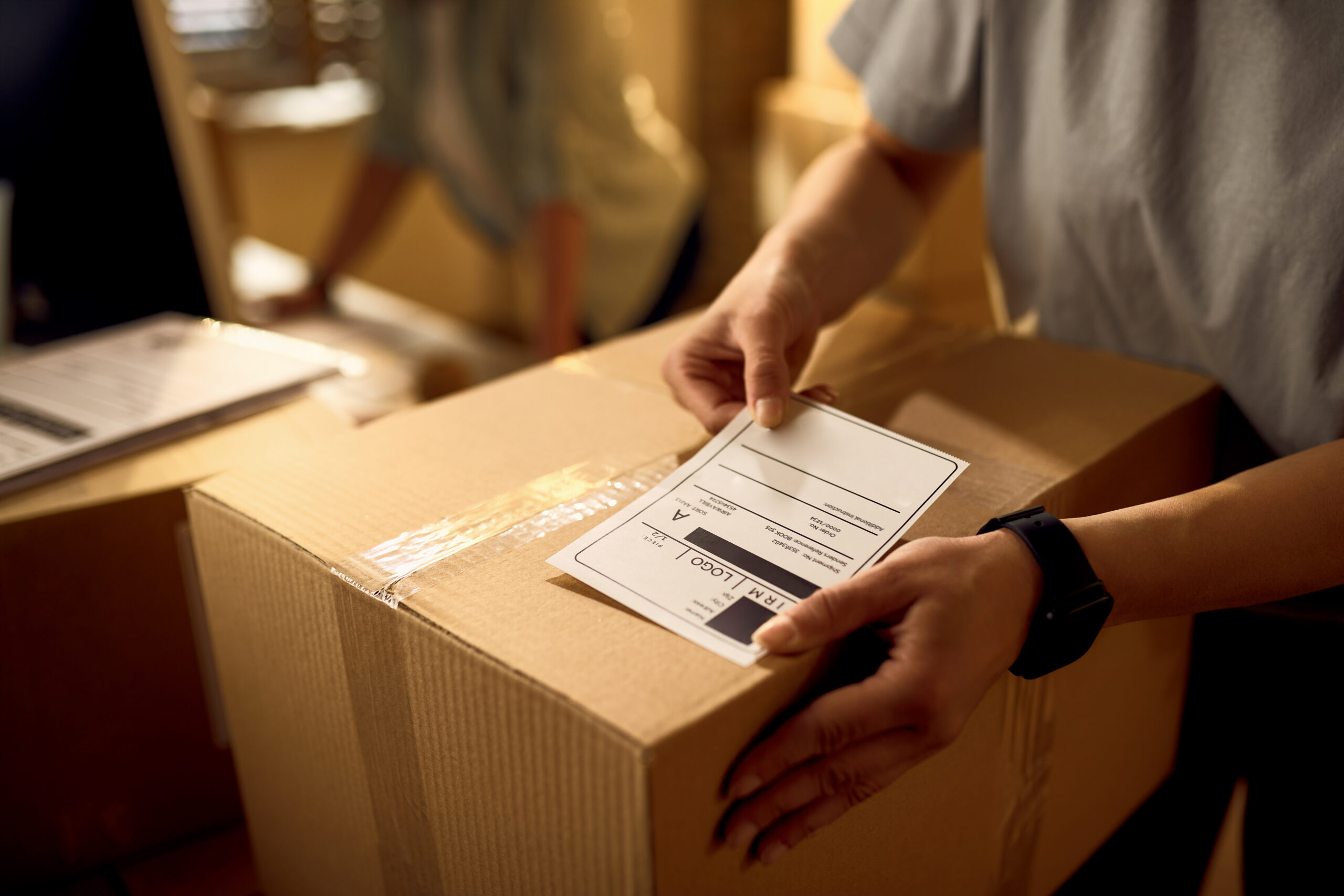In the vast realm of freight transportation, land freight forwarding, a type of Land Shipment stands out as a reliable and cost-effective option for businesses. Whether you’re a small e-commerce startup or a global conglomerate, understanding the nuances of land freight can be pivotal for your supply chain. This article delves deep into the world of land freight, highlighting its benefits, comparing it with other modes, and guiding you on how to make the most of this freight option.
What is Land Freight, and Why is it Important?
Land freight, often referred to as road freight, involves the transportation of goods by truck or railway. It’s a vital component of the supply chain, offering flexibility and accessibility that other modes of transportation might not provide. Whether it’s a short domestic haul or an international journey, land freight ensures that cargo reaches its destination efficiently.
How Does Land Freight Compare to Air and Sea Freight?
While air freight is usually faster and sea freight can handle larger volumes, land freight offers a balance of speed, cost, and capacity. It’s particularly efficient for domestic and international shipments that don’t require the speed of air or the volume of sea. Moreover, land freight provides door-to-door service, reducing the need for additional transportation.
The Advantages of Land Freight Transportation
Land freight transportation offers numerous benefits. It’s often more cost-effective, especially for shorter routes. The flexibility of scheduling, combined with the ability to transport goods to remote areas, makes it a preferred choice for many businesses. Additionally, with advancements in technology, tracking and managing shipments have become more straightforward.
Understanding LTL and FTL Shipments
In the vast and intricate world of trucking, the categorization of shipments plays a pivotal role in determining how goods are transported. Shipments are primarily divided into two main categories: Less Than Truckload (LTL) and Full Truckload (FTL).
LTL, as the name suggests, is tailored for shipments that don’t necessitate the utilization of an entire truck’s capacity. This means that multiple shippers’ goods can be consolidated into one truck, each occupying a portion of the available space. It’s an ideal choice for businesses that have smaller quantities of goods to transport and don’t want to bear the cost of an entire truck. By sharing the truck space with other shippers, they can optimize their shipping costs, making it a cost-effective solution for smaller shipments.
On the other hand, FTL is designed for more substantial, bulkier shipments that demand the full capacity of a truck. When a business opts for FTL, they’re essentially reserving the entire truck for their goods alone, ensuring that their shipment remains undisturbed from the point of pickup to delivery. This is particularly beneficial for businesses with large quantities of goods or those with items that need special care or handling.
Understanding the nuanced differences between LTL and FTL is not just a matter of terminology; it’s about making informed decisions that can significantly impact a business’s bottom line. By choosing the right shipment method, businesses can optimize their transportation costs, ensure the safety of their goods, and guarantee timely deliveries. In the ever-evolving landscape of trucking, knowledge of these categories equips businesses with the tools they need to navigate their shipping needs efficiently and effectively.
Why Choose Land Freight for Ecommerce Fulfillment?
Ecommerce businesses often deal with dynamic demands, requiring a flexible and responsive supply chain. Land freight, with its ability to quickly adapt to changing requirements, becomes an ideal choice. Whether it’s same-day deliveries or handling returns, land freight ensures that e-commerce operations run smoothly.
How Can Digital Freight Transform Land Transportation?
The rise of digital freight platforms has revolutionized land transportation. These platforms offer real-time tracking, dynamic pricing, and seamless integration with other supply chain systems. By leveraging digital freight, businesses can optimize routes, reduce costs, and enhance customer satisfaction.
The Role of Freight Forwarders in Land Transport
Freight forwarders play a pivotal role in land transport. They act as intermediaries, coordinating between shippers and transporters. By partnering with a reliable forwarder, businesses can ensure that their shipments are handled efficiently, from pick-up to delivery.
Is Land Freight the Most Cost-Effective Option?
While land freight offers numerous advantages, its cost-effectiveness depends on various factors like distance, volume, and urgency. For shorter routes or when time isn’t a pressing factor, land freight can be the most economical choice. However, for longer distances or urgent shipments, air freight might be more suitable.
How to Optimize Your Land Freight Shipments?
Optimizing land freight shipments involves understanding your specific needs, choosing the right type of trucking, and leveraging technology. By analyzing shipment data, businesses can identify patterns, forecast demands, and make informed decisions to streamline their land freight operations.
The Future of Land Freight Forwarding
With technological advancements and increasing global trade, the future of land freight forwarding looks promising. The integration of AI, IoT, and blockchain will further enhance transparency, efficiency, and reliability in land freight operations.
Conclusion
In conclusion, land freight is vital in the logistics industry. It offers efficiency, flexibility, and cost-effectiveness. Businesses face dynamic market demands daily. Land freight’s adaptability and digital advancements make it indispensable. It meets e-commerce needs and ensures timely deliveries. It bridges the gap between producers and consumers. This promises streamlined operations and better customer satisfaction in the future.
Unlock seamless land freight solutions with Phase V – Your gateway to efficient logistics!




